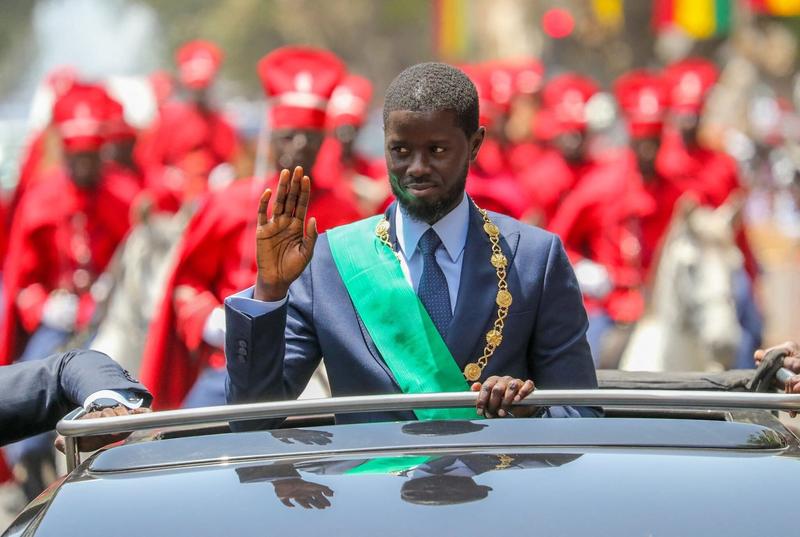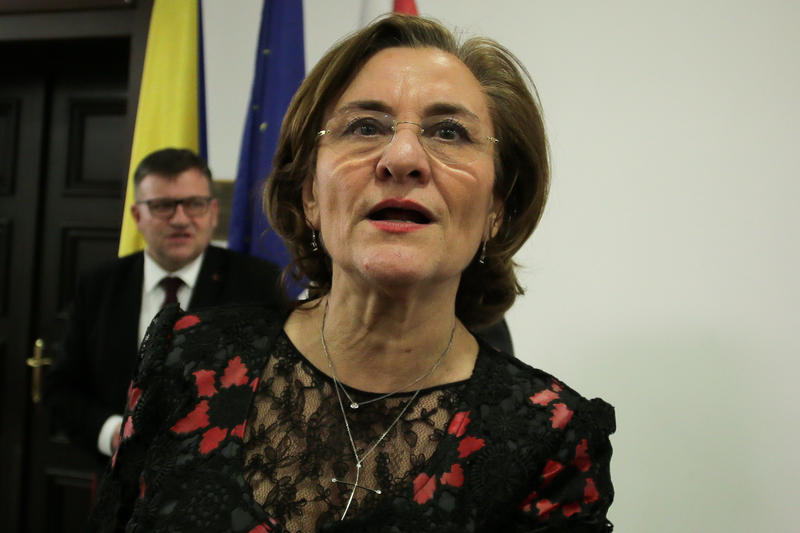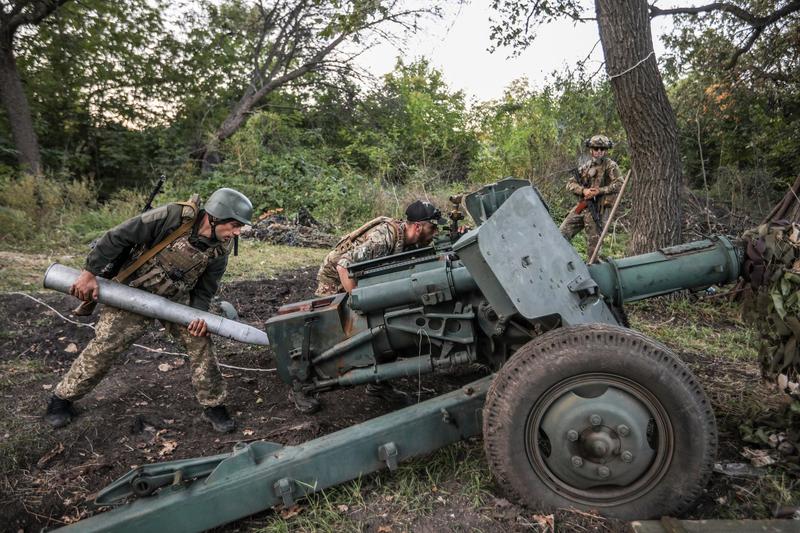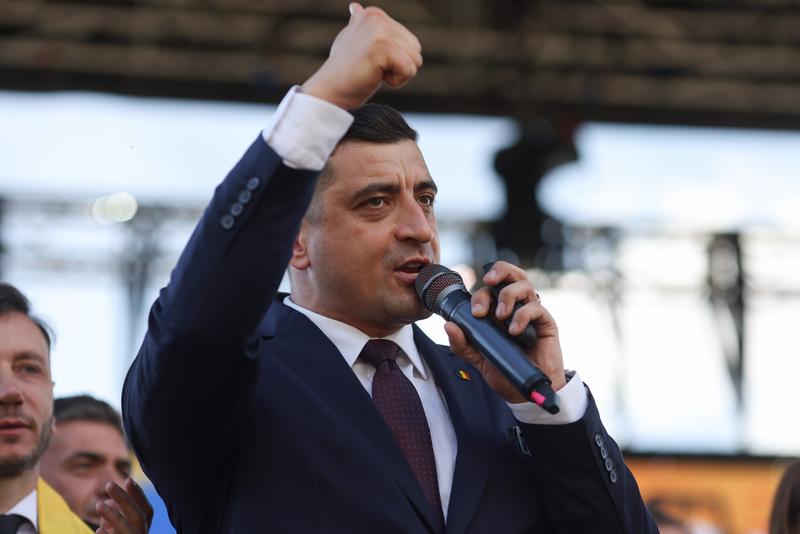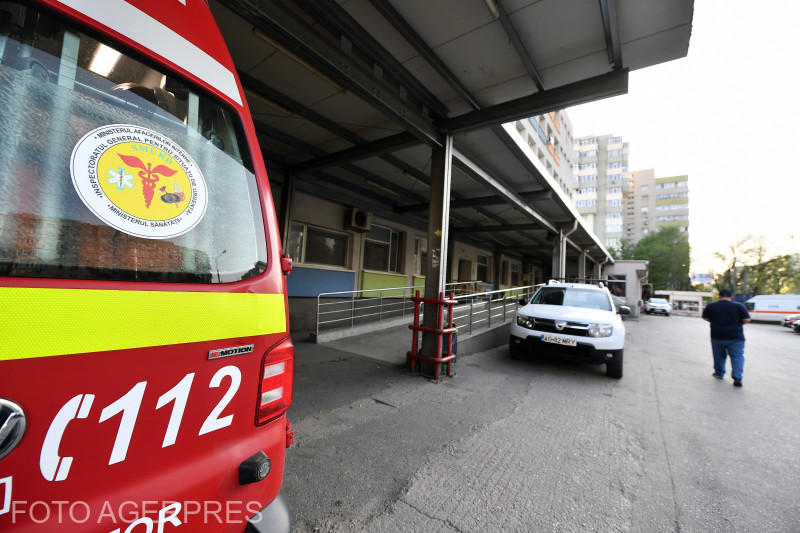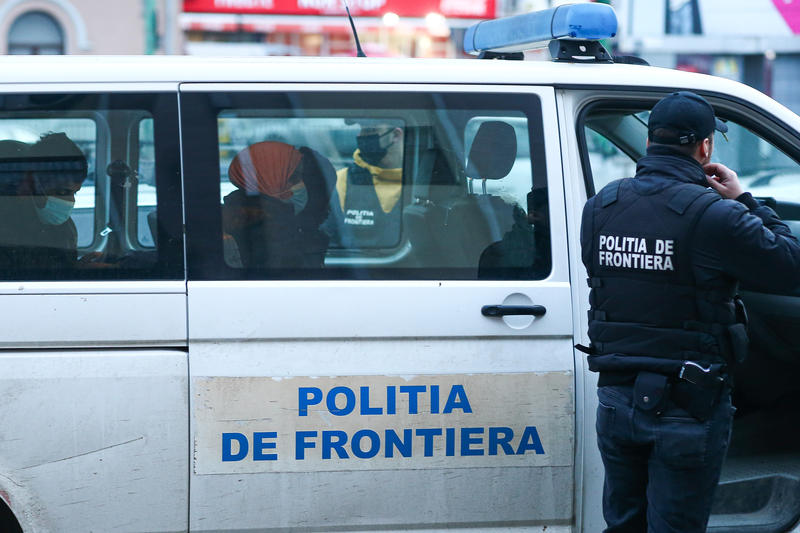Fear, political clashes, war and the end of the world are the key phrases of Romanian newspapers today. The main opposition party is caught in turmoil. A President-minister relationship has quite an effect on major investments in Romanian infrastructure. A Romanian journalist tells how she was offered to be kidnapped by Palestinian militants. And an environmentalist predicts the end of the world comes in 2031.
Evenimentul Zilei reports fierce clashes within Romania’s main opposition group, the Social Democratic Party (PSD).
Its ex-president, former PM Adrian Nastase, who is investigated for corruption, attacked ex-Transport minister and influential party member Miron Mitrea yesterday, whom he accuses of delivering statements against him in the case investigated by the National Anti-Corruption Department. That forced current PSD president, Mircea Geoana, to threaten his former boss with expulsion from the party.
Meanwhile, in the camp of the current political leadership, all is smooth between President Traian Basescu and the party he boosted to power, the Democratic Party.
Cotidianul notes that shortly after President Basescu called for “a chance for Romanian constructors” against foreign competitors fighting for infrastructure deals in Romania, the head of state was promptly served by the new Transport minister, Democrat Radu Berceanu.
Two days after he was named in office, Berceanu changed the terms of a tender for the construction of a highway in South Romania, so that Romanian companies - including some run by Basescu’s cronies - could stand up against the stronger Western bidders, the newspaper reports.
But while in Romanian politics people clash or befriend by word and pen, things are different in the Gaza Strip, where a reporter for the same Cotidianul newspaper says she was offered to be kidnapped by the al-Aqsa Martys’ Brigades.
The Palestinian militants are quoted as saying that many journalists want to be kidnapped, in order to gain reputation. The Romanian one failed to meet their expectations, however.
Back to Romania, Gandul reports an unprecedented bribery case at the Authority for State Assets Recovery-AVAS, which organizes tenders for the privatization of state assets.
A week after media reported one AVAS employee took a 500 euro bribe to arrange a tender, the National Anti-Corruption Department caught another AVAS official in the act of taking a 100 times higher sum: 50,000 euro to put a businessman in advantage to buy a bankrupt company, according to the newspaper.
Also in Gandul, the new driving code to be introduced later this year may have unexpected “collateral victims”. It forces family doctors to name patients who suffer of affections that should prevent them from driving. But the only way for them to do so is to ask affected patients whether they have a driving license.
If the answer is no, but they in fact do have a license, doctors may be blamed in accidents involving the said patients and risk prison sentences.
And yet again Gandul quoted British newspaper Daily Mail, which reports that no less than 80,000 people of the Moldovan Republic asked for Romanian citizenship in the last three weeks, while some 100,000 Macedonians are expected to do the same in Bulgaria.
That is because Romania and Bulgaria are about to join the EU - which reignites British fear that tens of thousands of non-EU citizens may come to work in their country starting next year.
Also on EU accession, Adevarul interviews German Ambassador to Bucharest Roland Lohkamp, who says the Bundestag will ratify the Accession Treaty of Romania and Bulgaria in due time to allow the to countries join the EU, suggesting it would happen shortly after the last EC report before accession, due later this month.
The same Adevarul quotes the opinions of US environmental researcher Lester Brown, invited to Romania by ex-President Traian Basescu.
Brown says 2031 may be a critical year, something like the end of the world, arguing that a new world domination by China in the coming period may put the limited resources of the planet at risk and the only way to prevent a crisis is the promotion of a world budget for Earth recovery.

